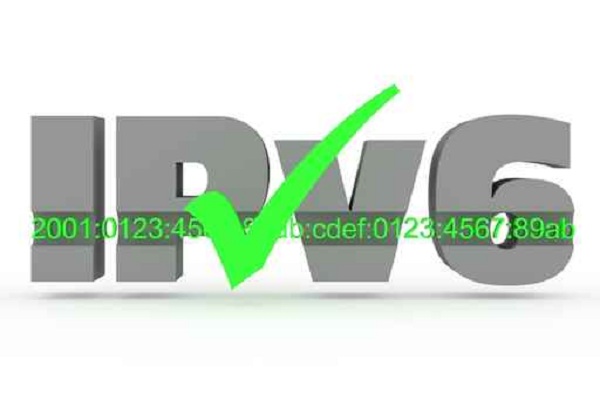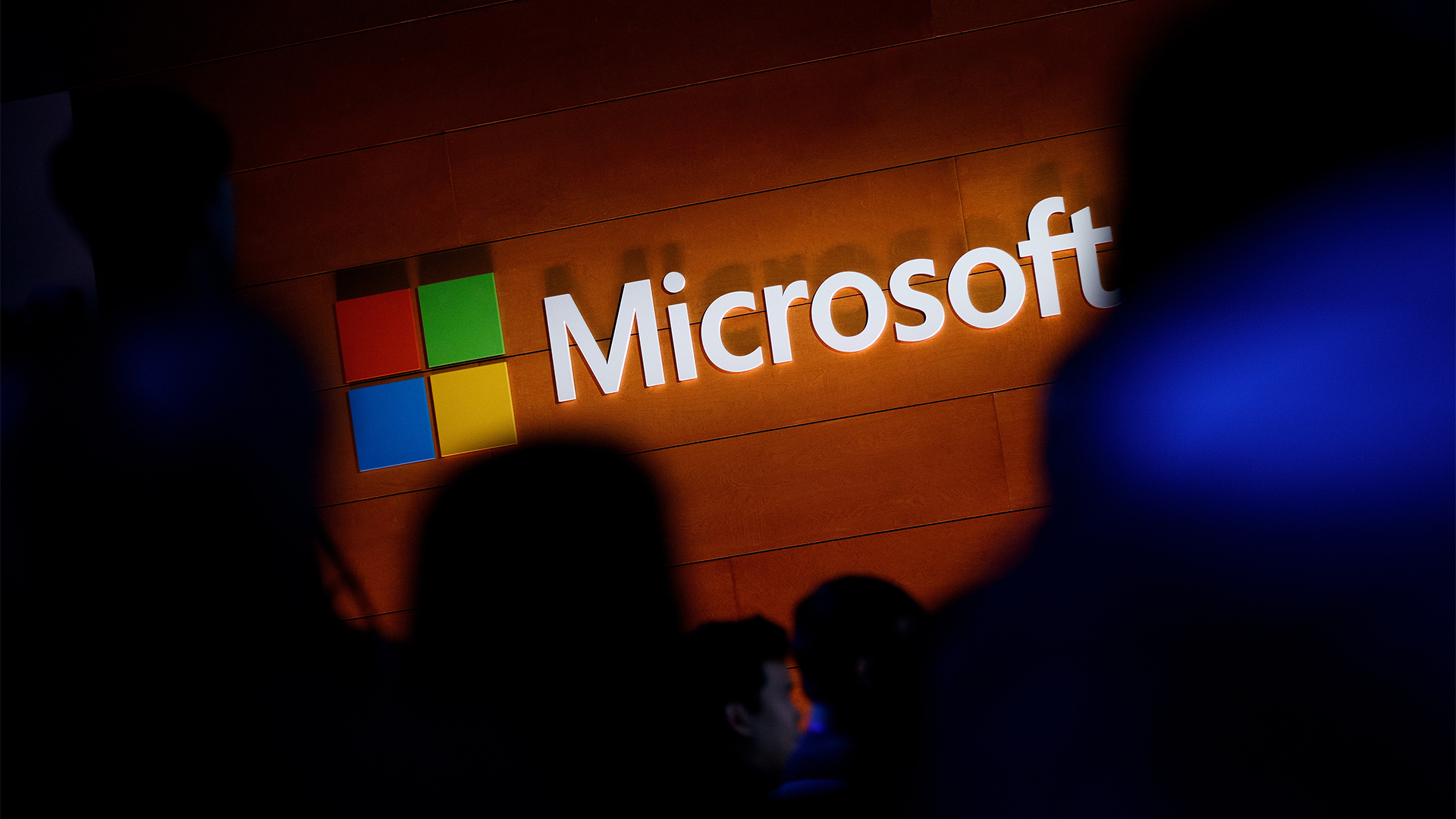DWP rules out IPv4 address sell-off despite online protest
Department for Work and Pensions has denied it's sitting on a bank of unused IP addresses.

The Department for Work and Pensions (DWP) has been forced to deny that it is hoarding 16.8 million unused IPv4 addresses.
It has been claimed that selling off the department's allocation of IPv4 addresses could generate around 1 billion, which would bolster the government's ongoing deficit reduction efforts.
Do you think 100k people care about IPv4 allocation in the UK?
An online HM Petition was recently set up, ordering the government department to surrender its block of IPv4 addresses, and at the time of writing around 1,000 people had signed it.
"Analysis shows that the DWP is not using any of these address in public...If they are being used for internal, private networks, then this is a phenomenal waste of public funds," said the accompanying petition blurb.
In a statement to IT Pro, a DWP spokesperson confirmed the addresses are in use and that selling them off would not be an option.
"We have used or allocated the vast majority of these IP addresses within the DWP and across government," said the spokesperson.
Sign up today and you will receive a free copy of our Future Focus 2025 report - the leading guidance on AI, cybersecurity and other IT challenges as per 700+ senior executives
"There is no legitimate way for organisations with public IP address allocations to sell or trade those allocations on the open market."
This is not the first time DWP has moved to clear up reports that it is sitting on an untapped resource of IPv4 addresses, as IT Pro has been directed to a Freedom of Information Act response issued by the department about the same issue last December.
"DWP are aware that the worldwide IPv4 address space is almost exhausted, but knows that in the short to medium term there are mechanisms available to ISPs that will allow continued expansion of the internet," said the FOI response.
"Even if DWP were able to release their address space, this would only delay IPv4 address exhaustion by a number of months."
Last week, the European internet registry body RIPE NCC confirmed that it had started handing out IPv4 addresses from the last batch that it owns. This may go some way to explaining why the petition has come to light now.
Technology and science author, John Graham-Cumming, recently blogged about DWP's IPv4 address allocation, and told IT Pro, via Twitter, that he doubts the petition would make much difference.
"A petition needs 100,000 signatures to get heard...[Do] you think 100k people care about IPv4 allocation in the UK?" he said.
"Given that DWP says they are using [most of their allocation] and it would cost a lot to change, I consider the issue closed," he added.
-
 The six biggest security challenges coming in 2026
The six biggest security challenges coming in 2026In-depth What will be the main challenges businesses face in 2026 and what can they do to prepare?
-
 Channel focus: All you need to know about Microsoft's partner program
Channel focus: All you need to know about Microsoft's partner programChannel Focus The veteran OS developer and vendor continues to advance its strategy, particularly in Azure cloud solutions and AI